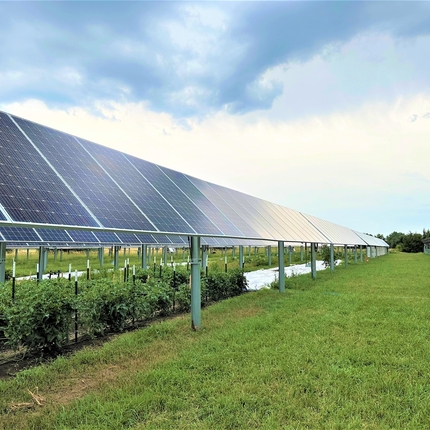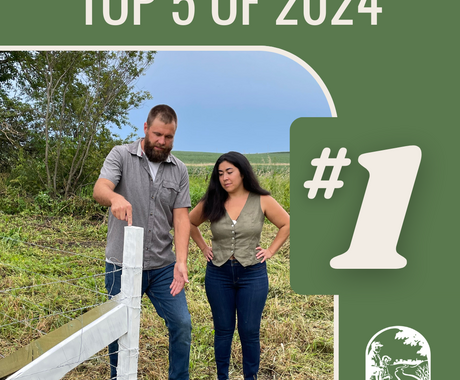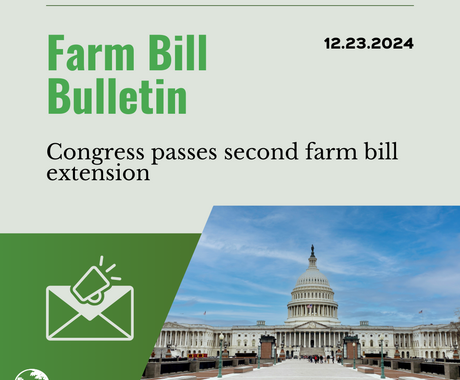Freedom has fueled generations of farmers, allowing them to change their practices to fit their family needs.
A relatively new farming option is to host renewable energy projects like wind or solar, which provide direct benefits in the form of stable income while allowing the surrounding land to still be used for agriculture production.
But, in some areas of Iowa, the ability to host renewable energy projects has been prohibited or limited by restrictive zoning regulations. According to a June 2024 report from Columbia Law School’s Sabin Center, officials in 18 Iowa counties have passed moratorium policies or set significant restrictions to make wind and solar development undesirable. Restricting or limiting development brings up a critical question facing agriculture today: Can independent farmers survive the growing opposition to an industry that is vital to the future of rural communities?
Farmers take great pride in understanding the delicate balance of nature, striving for sustainable practices, and making their own decisions. Some county governments, often grounded in the misconception that solar and agriculture are incompatible, have limited farmers’ freedom.
Innovations like agrisolar systems allow for solar energy production and agricultural activities on the same land. Crops can be grown between or under solar panels, optimizing food production for farmers and maximizing solar energy production. Seeing the practice’s potential, Purdue University has applied for a patent that makes agrivoltaics possible for a variety of crops like soybeans and corn.
Leasing land for solar development not only provides farmers with a valuable source of income but also allows them to diversify their operations, invest in improvements, and purchase more land. Additionally, the development of solar farms creates jobs in construction, maintenance, and related industries, which helps boost rural communities and the state economy.
Public officials need to be well informed by studying model ordinances to prevent unintended economic losses. Agrisolar systems offer farmers a chance to embrace innovative agriculture methods while benefiting from renewable energy development. Rather than being discouraged, farmers should be encouraged to explore renewable energy solutions that benefit both their agricultural operations and their communities.
Policy





